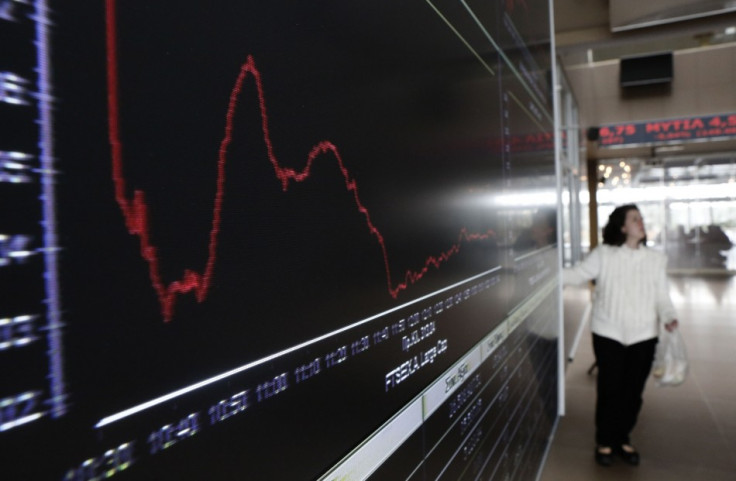European Stocks Rise Ahead of Central Bank Decisions

European stocks picked up in the opening minutes of trade as investors awaited monetary policy decisions from the European Central Bank and the Bank of England.
The FTSEurofirst 300 index that tracks the region's top shares gained 0.05 percent to 1,193.9. The UK's FTSE 100 remained little changed while Germany's DAX was up 0.4 percent.
France's CAC-40 rose 0.4 percent. Italy's FTSE MIB and Spain's IBEX climbed 0.5 and 0.8 percent respectively.
The single currency remained weak against the dollar, trading at about $1.28.
Central bank decisions look set to dominate market sentiments during the day as the ECB and the BoE meet for a policy review. The ECB is expected to leave its policy rate unchanged but investors are keeping a close watch for any indications of possible rate cuts in the coming months as the eurozone economy remains weak.
The BoE is also predicted to stay put on its monetary policy, despite being given more flexibility to ignore inflation levels above target. Economists suggest that BoE may not increase its £375bn pound quantitative easing scheme or lower the benchmark rate, which stands at 0.5 percent at the moment.
Most Asian markets had ended lower earlier, but Japanese stocks jumped and the yen weakened after the Bank of Japan (BoJ) announced bold monetary easing measures.
The Nikkei average index ended 2.2 percent higher at 12634.5 while South Korea's KOSPI was down 1.3 percent at 1958.2, and Australia's S&P/ASX 200 fell 0.9 percent to 4913.5. Chinese markets remained closed for a holiday.
The Japanese central bank has concluded its two-day policy meet with the announcement of aggressive policy shifts that could help beat the stubborn deflation levels which have plagued the country for over the past 15 years. BoJ has said that it would seek "quantitative and qualitative monetary easing", which could include boosting government bond purchases, including longer-term debt.
Asset purchasing is the key monetary easing tool that BoJ has as its interest rates remain at ultra-low levels.
It is the central bank's first meeting under the new governor Haruhiko Kuroda, who took office last month. Investors were keenly awaiting the decision as Kuroda, who was known for his pro-stimulus approach, was expected to deliver on his promises of making efforts to meet inflation targets.
The yen weakened to over 94 per dollar after the decision, dropping from about 92 recorded earlier in the day.
South Korean markets remained under pressure on rising tensions with the country's neighbour North Korea.
Reports suggest that Pyongyang has blocked access to a joint industrial complex that it shares with South Korea for a second day, and asked for a schedule of workers planning to leave the zone. There are around 123 South Korean firms within the complex.
© Copyright IBTimes 2025. All rights reserved.


















